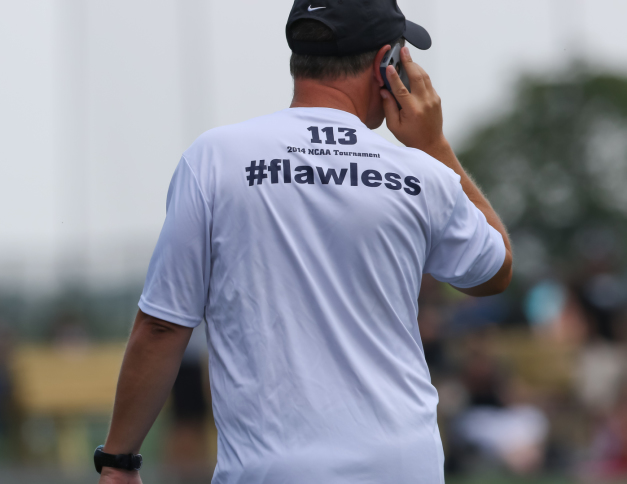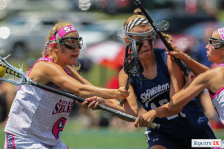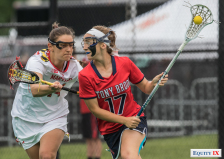EARLY RECRUIT
LACK OF TRANSPARENCY
College admissions is increasingly competitive with application deadlines, standardized tests and GPA requirements providing guidelines for the process. Early recruiting operates outside of these guidelines with student-athletes “committing” years before the NCAA can even assess academic eligibility. This lack of transparency is extremely problematic and complicated by the fact that college coaches are negotiating with minors.
Early recruiting is an unregulated, rolling “admissions” process often comprised of an exploding “offer” that pressures a student-athlete to make a premature decision. Student-athletes have a limited ability to shop an “offer” and lack a full understanding of what they are “committing” to at such an early age. While some coaches request a student-athlete to take the SATs early to provide a baseline score, others don’t even request a transcript. Either way, the academic information available is limited and should not serve as a basis for reassurances about future admissions. College admissions officers typically have no idea who the early recruit is until she applies years later, which is a major red flag and explains why the process can break down.
The NCAA defines verbal commitments as “non-binding” agreements between a student-athlete and a coach, not the college or university, which is why so many schools can look the other way and ignore early recruiting. As a minor, student-athletes should be able to back out of a commitment prior to signing a letter of intent, but colleges should assume responsibility for representations made by a coach. Historically, these non-binding agreements have been honored but as early recruiting accelerates, there is an increased likelihood that these agreements will break down and the issues will become more pronounced.
While the NCAA strictly prohibits agents to act on behalf of college student-athletes, club coaches often serve as 3rd-party representatives for high school girls. Club coaches are often not affiliated with an educational institution, which adds a layer of complexity to an already non-transparent process. Behind closed doors, college coaches are negotiating deals with minors. Parents and coaches participate in the process, but ultimately the student-athlete should be making the decision, her future is at stake.
The proposed NCAA legislation would streamline all contact and communication to a single date, September 1 of the junior year, but unfortunately will not resolve the agency issue. Transparency is critical for a student-athlete to engage in open communication with a coach so that she can make an informed decision about one of the most important opportunity's of her life – where to attend college.






























